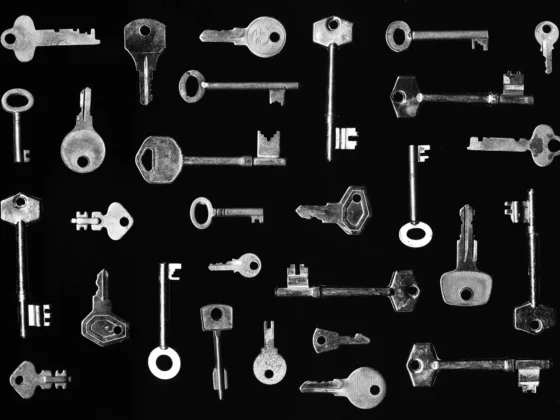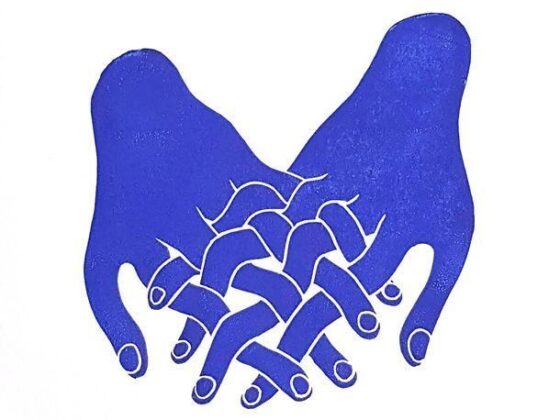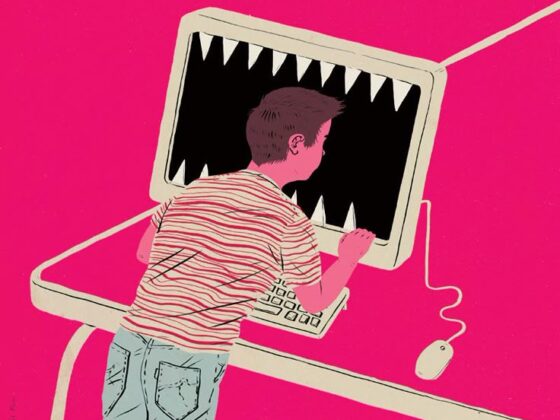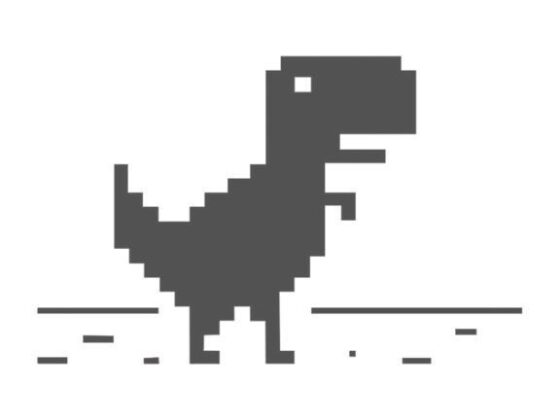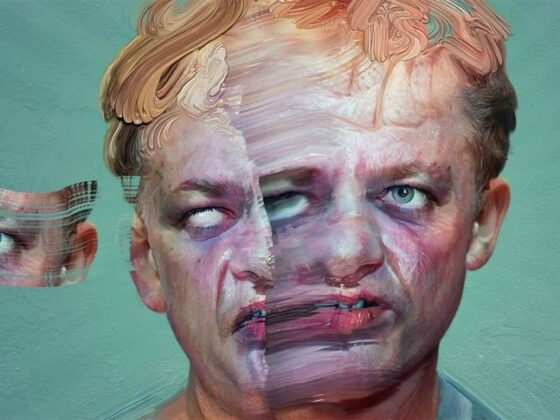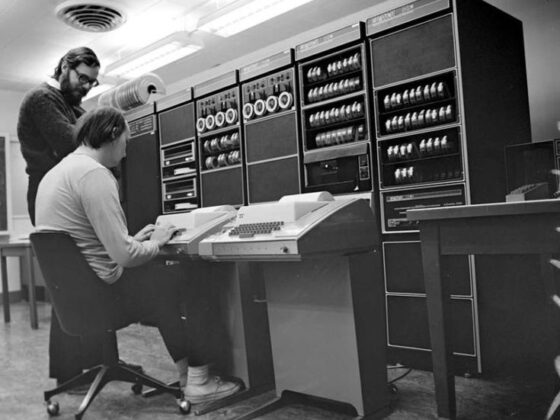The internet promises infinite knowledge, yet we rarely experience it that way. Instead, we live inside digital echo chambers, fed information that aligns with what we’ve already chosen. As Abhaidev points out, our past decisions shape our future ones—not just in life, but in every search, every click, every scroll.
This isn’t a coincidence. Search engines and social media platforms track our behavior, building a profile of our preferences. They know what we like before we do, predicting the next article we’ll read, the next video we’ll watch, the next opinion we’ll adopt. And because humans naturally seek confirmation rather than contradiction, these algorithms don’t challenge us. They reinforce us. They make sure we see what we already want to see.
The result? A narrowing of perspective disguised as personalized content. Two people searching for the same term might see entirely different results, tailored to their histories. News feeds become ideological bubbles. The world, vast and complex, is algorithmically reduced to what feels familiar.
We like to think of ourselves as free thinkers, but how free are we when our choices today determine what we see tomorrow? The more we indulge in our preferences, the more they solidify. And in the end, the web doesn’t limit us. We limit ourselves—one click at a time.


